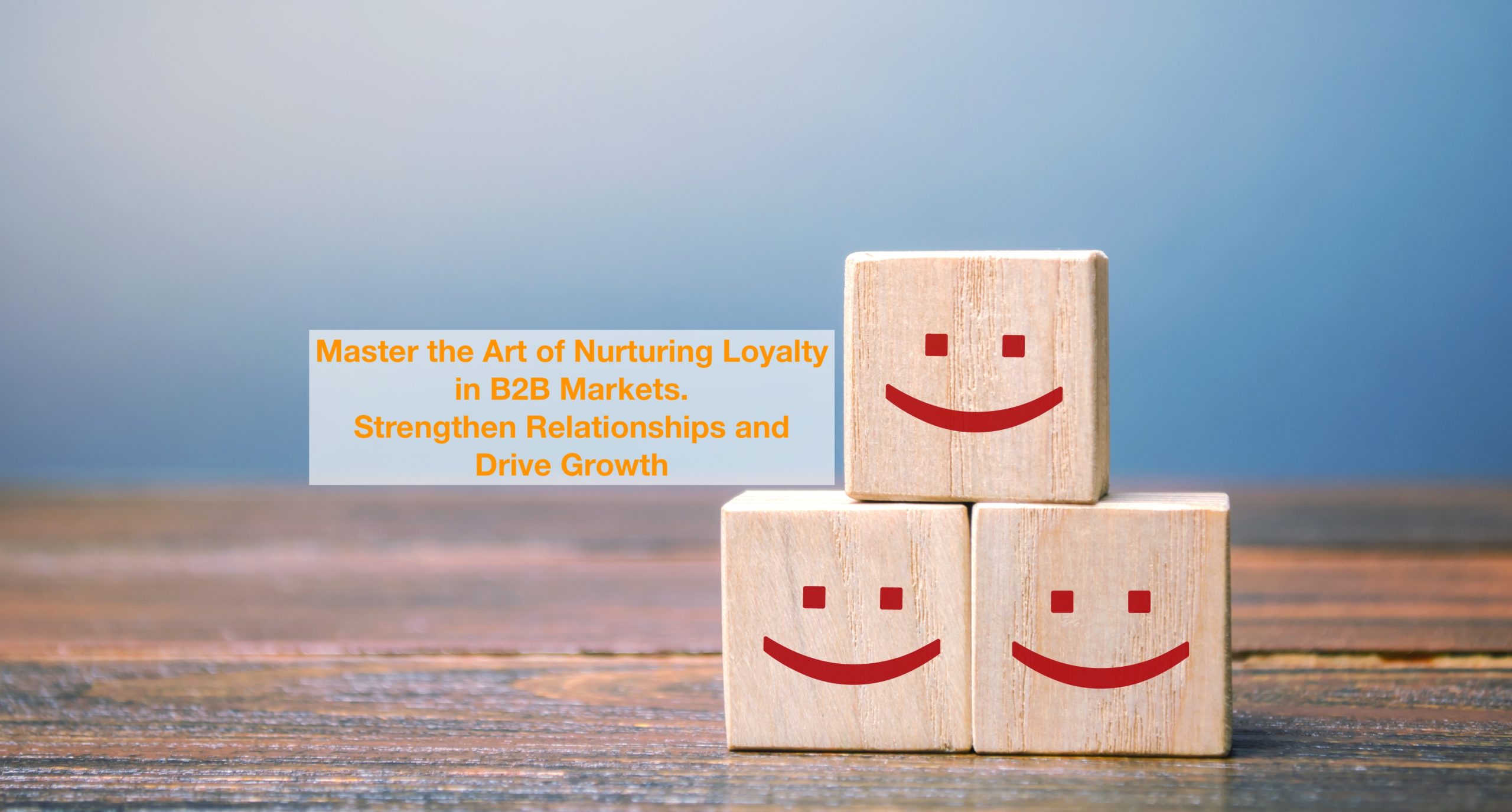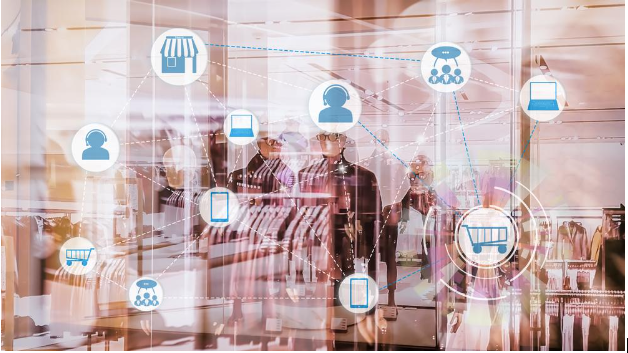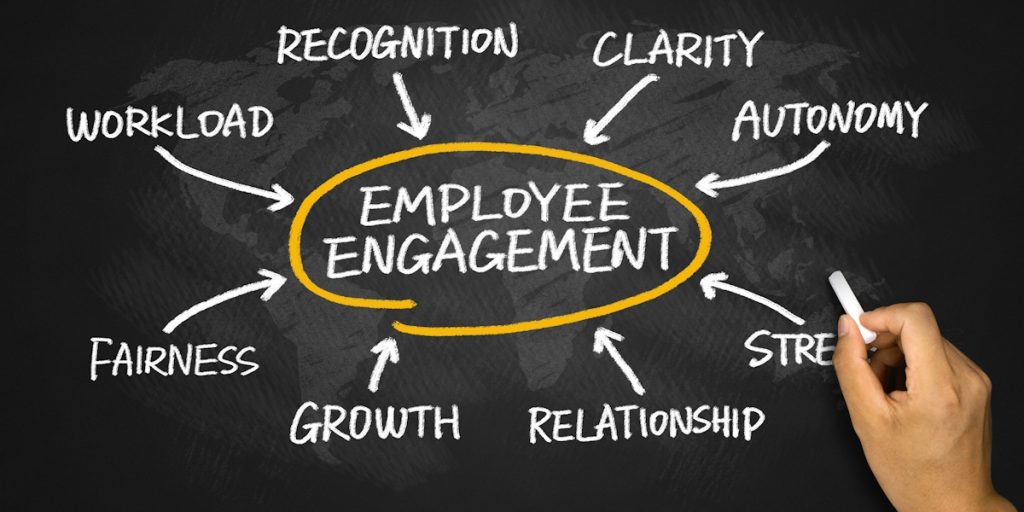In the competitive world of business-to-business (B2B) markets, B2B customer loyalty is the cornerstone of sustainable growth. In today’s fast-paced landscape, companies face heightened competition where every advantage counts. Retaining clients is no longer just about maintaining a steady revenue stream; it’s about building trust, ensuring long-term collaboration, and fostering mutual growth.
A 2023 study by Gartner revealed that 77% of B2B buyers prefer suppliers they trust and have strong relationships with over those offering the lowest price. This demonstrates that loyalty is built not on transactions but on relationships. This blog explores why loyalty matters, the challenges involved, and effective strategies to nurture it.
Why Customer Loyalty Matters in Competitive Industries
Customer loyalty in competitive industries is a game-changer for businesses. It not only stabilizes revenue but also reduces acquisition costs, enhances brand advocacy, and drives innovation. Retaining clients can cost up to seven times less than acquiring new ones. Furthermore, loyal customers are 50% more likely to explore additional services or products, creating new revenue streams.
Real-World Example: IBM’s Client-Centric Approach
IBM is a leading example of prioritizing client retention in B2B markets. Through its “Smarter Planet” initiative, IBM collaborated closely with businesses to create customized solutions. By focusing on client-specific needs and maintaining open communication, IBM not only retained existing clients but also deepened its relationships, leading to long-term growth.
Key Benefits of B2B Customer Loyalty
- Increased Revenue Stability: Repeat clients provide consistent income and make revenue forecasting more reliable.
- Enhanced Brand Advocacy: Loyal clients act as brand ambassadors, sharing positive experiences that attract new customers.
- Cost Efficiency: Retaining clients reduces marketing and acquisition expenses, enabling better resource allocation.
- Innovation Opportunities: Loyal customers are more willing to collaborate on new products or services.
Strategies for Building Loyalty in B2B Markets
1. Understand Your Clients Thoroughly
Tailoring your approach begins with understanding your clients’ goals, challenges, and preferences. A deep understanding helps in building trust and delivering relevant solutions.
Actionable Steps:
- Conduct detailed onboarding sessions to understand client objectives.
- Use CRM tools to track interactions and personalize communication.
- Organize regular feedback sessions to stay aligned with their expectations.
2. Deliver Value Beyond Expectations
Consistently delivering value strengthens relationships and reinforces trust. Businesses that offer tailored, impactful solutions stand out in competitive markets.
Ways to Deliver Value:
- Develop customized strategies for each client’s specific industry challenges.
- Share industry insights and forecasts to help clients make informed decisions.
- Provide proactive support, resolving issues before they escalate.
3. Foster Transparent and Open Communication
Transparent communication fosters trust, a critical component of customer loyalty in competitive industries. Miscommunication or withholding information can quickly erode relationships.
Best Practices:
- Establish clear timelines and deliverables at the start of projects.
- Maintain regular check-ins to discuss progress and address concerns.
- Be upfront about challenges and offer actionable solutions.
4. Create Tailored Loyalty Programs
B2B loyalty programs must address the unique dynamics of business relationships. Unlike B2C programs, they should focus on long-term value creation.
Examples of Effective Programs:
- Provide rebates or discounts tied to purchase volumes.
- Offer access to premium features or early product launches.
- Collaborate on joint marketing initiatives to drive mutual benefits.
5. Prioritize Long-Term Partnerships
Viewing clients as partners fosters mutual investment and shared success. Strong partnerships lead to higher client retention and deeper collaboration.
How to Build Partnerships:
- Conduct quarterly or annual business reviews to align on goals.
- Celebrate milestones and successes, showing genuine appreciation.
- Co-develop solutions that address shared industry challenges.
Addressing Common Challenges in Building Loyalty
1. Overcoming Price Sensitivity
Clients often weigh cost heavily in their decisions. To overcome this, emphasize the value your business provides beyond pricing, such as reliability and expertise.
2. Standing Out in a Crowded Market
In a market saturated with similar offerings, differentiation is key. Showcase your unique strengths, whether through superior customer service or innovative solutions.
3. Ensuring Continuous Engagement
Clients need to feel valued throughout their relationship with your business. Regular, meaningful interactions demonstrate commitment and strengthen bonds.
Measuring B2B Loyalty
Effective measurement ensures that your strategies yield results. Focus on these key metrics:
- Net Promoter Score (NPS): Gauges client satisfaction and their likelihood to recommend your business.
- Customer Retention Rate (CRR): Measures how many clients stay with you over time.
- Customer Lifetime Value (CLV): Estimates the total revenue a client generates during their partnership.
Tools for Measurement:
- Use CRM systems to track client interactions and satisfaction scores.
- Conduct post-project surveys to gather actionable feedback.
- Analyze client behavior to identify trends and opportunities for improvement.
Final Thoughts
In competitive B2B markets, loyalty isn’t built overnight. It requires ongoing effort, adaptability, and a genuine commitment to client success. By understanding your clients’ needs, consistently delivering value, and fostering open communication, you can create partnerships that stand the test of time.
What strategies have you found effective in fostering B2B customer loyalty? Share your experiences below—your insights could inspire others navigating the same challenges!
Ready to Build Stronger Client Relationships?




